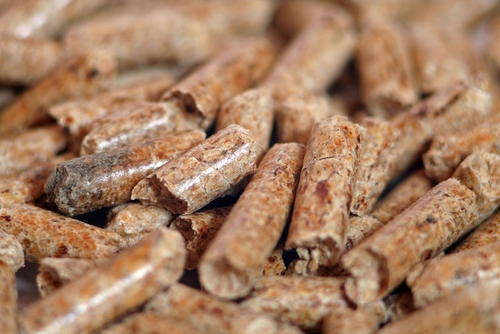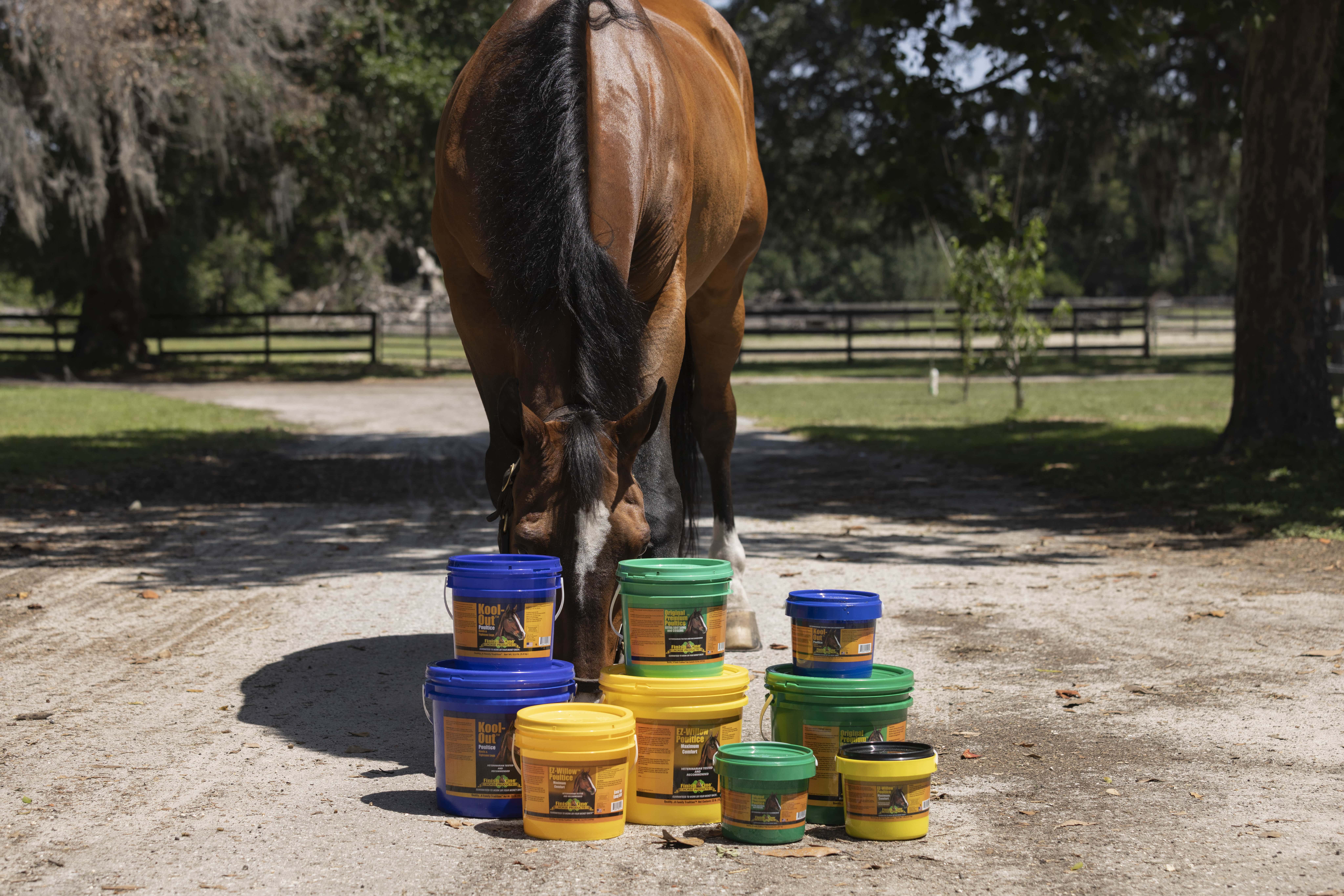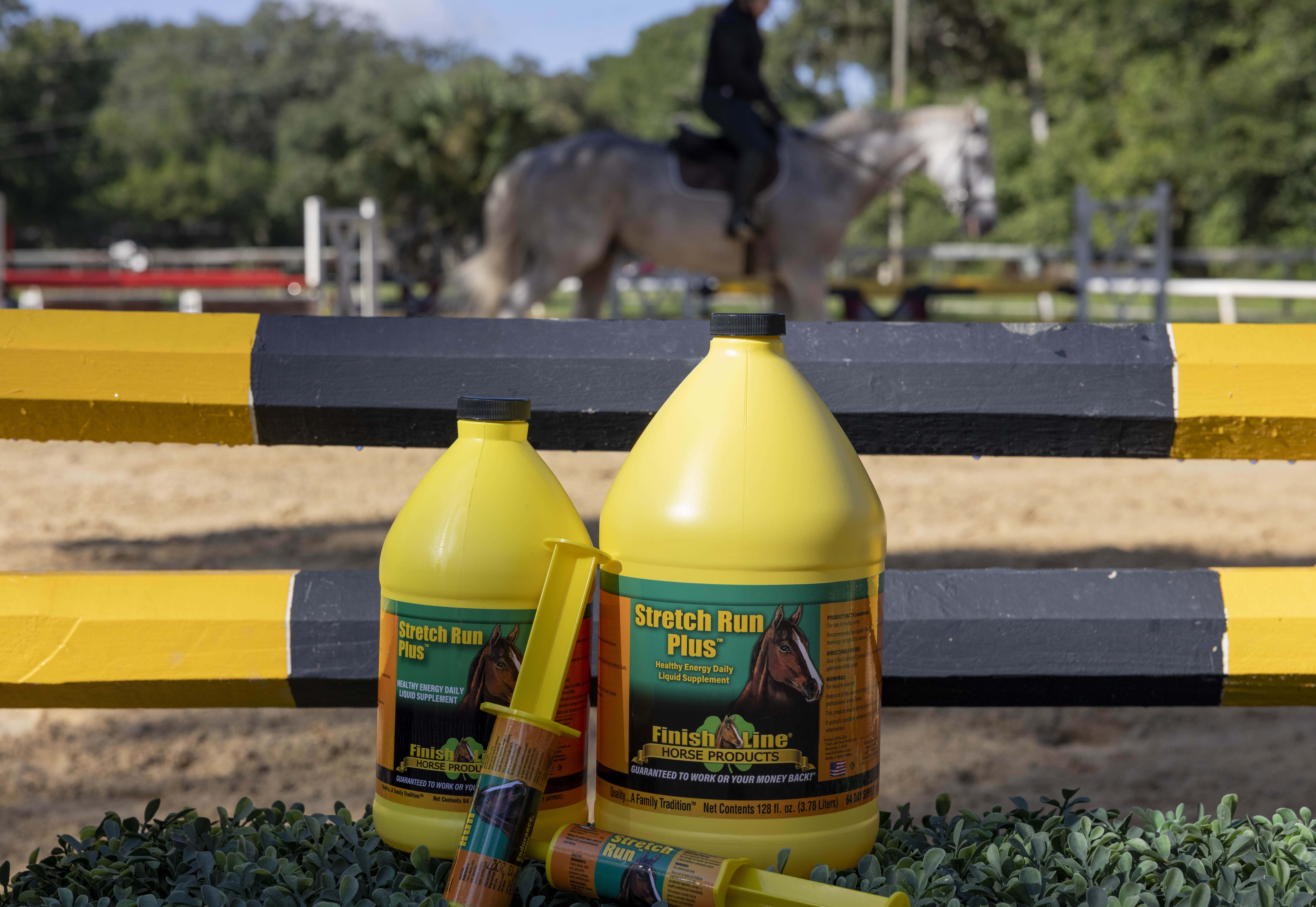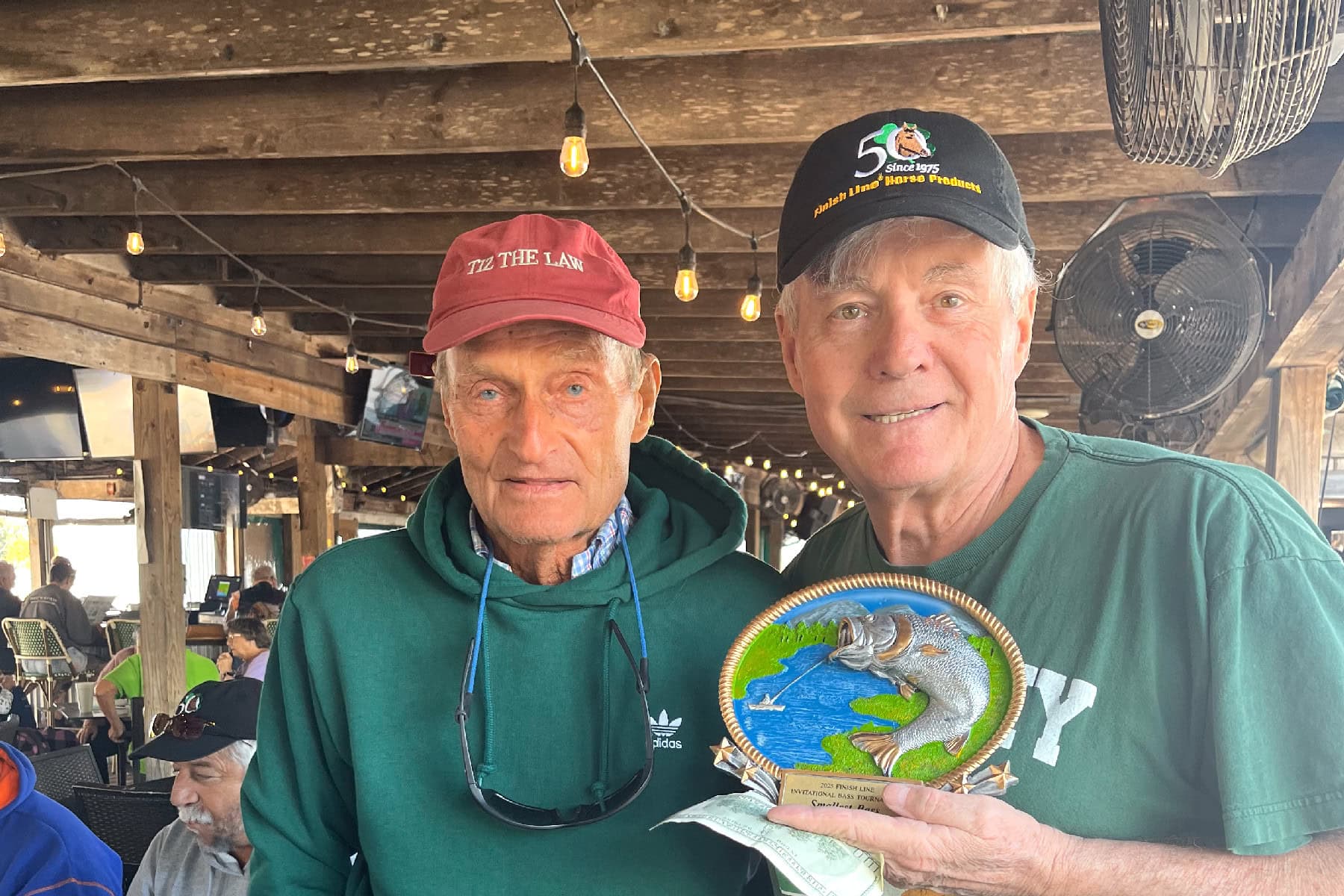Proper oral care is one of the most fundamental elements of supporting your horse’s health. Even with proper diet and exercise, a bad set of teeth can lead to poor condition and attitude problems. Read on to discover three simple tips to support equine oral health:
- Have them floated at least once per year
“The tooth surface gradually wears down as the horse grinds its teeth when eating.”
As horses grind their teeth against each other and their feed when they eat, the tooth surface gradually wears down. New growth slowly arises, but if the wear or development is uneven, the teeth can form sharp edges. This can result in oral wounds or improperly chewed food, which can then cause digestive problems like impaction and colic. If this happens, first remedy the oral issue then try Finish Line’s U-7 Gastric Aid to support healthy digestion.
This problem is more commonly seen in domesticated horses, The Spruce noted. Wild horses eat mostly forage, meaning they naturally end up ingesting bits of dirt. This dirt contains silica, which also helps wear the teeth and prevent sharp edges.
Your regular veterinarian should be able to float your horse’s teeth and recommend any other dental care necessities.
- Have caps removed
Like humans, horses get two sets of teeth throughout their lifetimes. The baby teeth, also known as the deciduous teeth, generally fall out by age five. In some cases, however, a deciduous tooth stays in place while a mature one tries to grow. This results in what’s called a cap.
Since caps mostly occur in the back teeth, it’s difficult to see them. You’ll have to rely on signs like drooling, foaming, head tossing, odor, spitting grain while eating and other indicators of oral issues. A veterinarian can extract the baby tooth, but only when a close inspection reveals the boundary between it and the new tooth is visible. Otherwise, he or she risks damaging the permanent tooth.
- Alter feed as the horse gets older
As noted earlier, horses only get two sets of teeth. When the adult set starts to fall out, they can no longer chew as efficiently. The food your horse swallows is too big to be digested properly, so it doesn’t get the proper amount of nutrients and energy. It will likely lose weight and suffer from stomach problems. To prevent this from occurring, buy feed specifically for senior horses or make a mash from pelleted feed. Also, increase the animal’s access to tall grass. Keep in mind that, if your horse is missing some of its front teeth, it won’t be able to graze short plants easily.
Floating is also exceptionally important as your animal ages. As EquiMed pointed out, a gap causes the opposite tooth to wear unevenly, so consult your vet for an updated floating schedule.
Equine oral care is relatively easy but should not be ignored. With the right steps, you can ensure a healthy horse with a strong digestive system for years to come.








